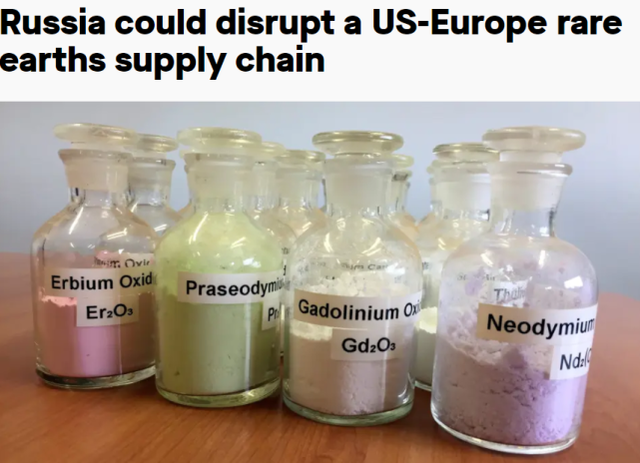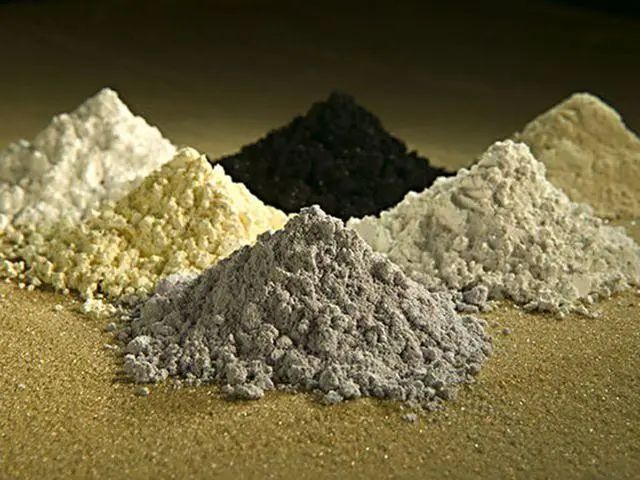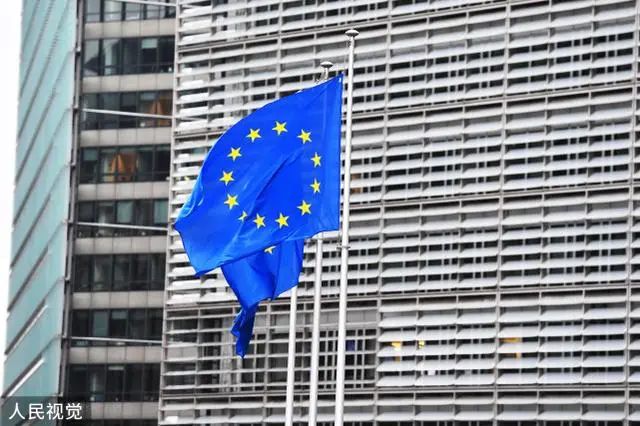- Home
- News
- Sanctions against Russia disrupt rare earth supply chain, US media: it is more difficult for Europe to get rid of its dependence on China.
Sanctions against Russia disrupt rare earth supply chain, US media: it is more difficult for Europe to get rid of its dependence on China.
According to Shi Ying, a US news website, the supply chain of rare earths to the United States and Europe may be disrupted by its sanctions against Russia, which makes it more difficult for Europe to try to get rid of its dependence on China for such key raw materials.
Last year, two North American companies started a project. First, in Utah, USA, a mining by-product named monazite was processed into mixed rare earth carbonate. Then, these rare earth products are transported to factories in Estonia, separated into individual rare earth elements, and then sold to downstream enterprises for the production of rare earth permanent magnets and other products.Rare earth permanent magnets can be used in high-tech products such as electric vehicles and wind turbines.
Silmet, a rare earth processing plant, is located in the seaside town of Siramaire, Estonia. It is operated by Neo Company (full name Neo Performance Materials) listed in Canada and is the only commercial plant of its kind in Europe. However, according to Neo, although Silmet does purchase mixed rare earth materials from Energy Fuels, which is headquartered in the United States, 70% of the rare earth raw materials needed for its processing actually come from a Russian company.
Konstantin karajan Nopoulos, CEO of Neo, said in the earnings conference call earlier this month: “Unfortunately, with the Ukrainian war situation and the introduction of sanctions against Russia, Russian suppliers are facing uncertainty.”
Although its supplier Solikamsk Magnesium Works, a Russian magnesium company, has not been sanctioned by the West, if it is indeed sanctioned by the United States and Europe, the Russian company’s ability to supply rare earth raw materials to Neo will be limited.
According to karajan Nopoulos, Neo is currently cooperating with a global law firm with sanctions expertise. Neo is also having a dialogue with “six emerging producers” around the world to study how to diversify the sources of its rare earth raw materials. Although American Energy Fuels Company can increase its supply to Neo Company,But it depends on its ability to acquire additional monazite.
“However, Neo also has rare earth separation facilities in China, so its dependence on Silmet is not particularly serious,” pointed out Thomas Krumme, director of a Singapore company specializing in rare earth supply chain management.
However, due to the sanctions imposed on Russia by many countries in Europe and America, the long-term supply chain disruption of Neo’s Silmet factory will have a chain reaction throughout Europe.
David merriman, research director of Wood Mackenzie, a business consultancy, commented: “If Neo’s production is affected by the shortage of raw materials for a long time, European’ consumers’ who buy downstream rare earth products from this company may look to China. This is because apart from China,Few companies can replace Neo, especially considering that there are products available for spot purchase. “
It is pointed out that according to a report of the European Commission in 2020, 98% to 99% of rare earths in Europe come from China. Although it only accounts for a small share, Russia also supplies rare earths to Europe, and the interference caused by sanctions against Russia will force the European market to turn to China.
Nabil Mancieri, secretary general of the Brussels-based Rare Earth Industry Association, also said: “Europe depends on Russia for many (rare earth) materials, including refined materials. Therefore, if sanctions affect these supply chains, the next choice in the short term is only China. “

